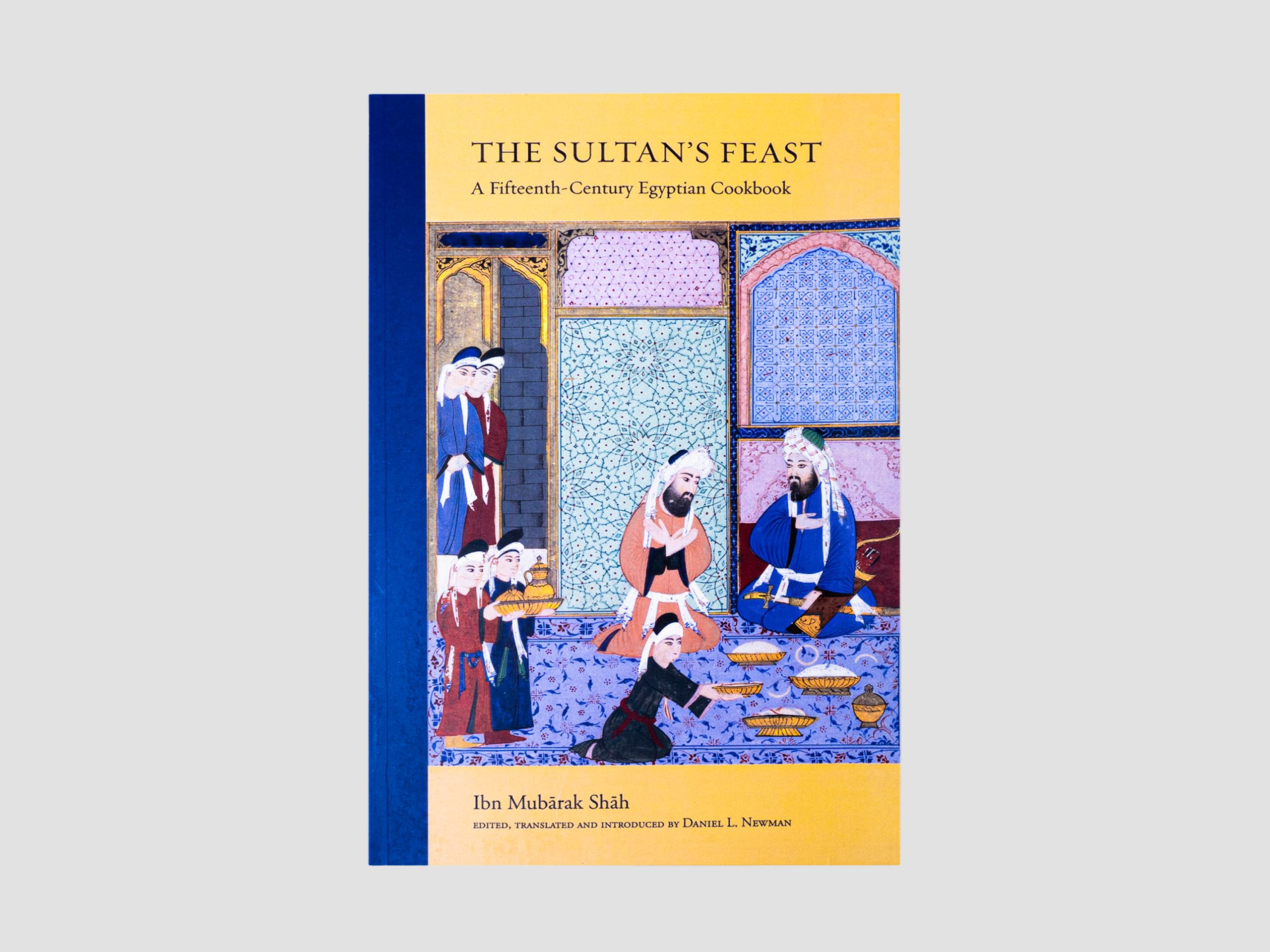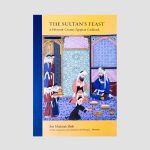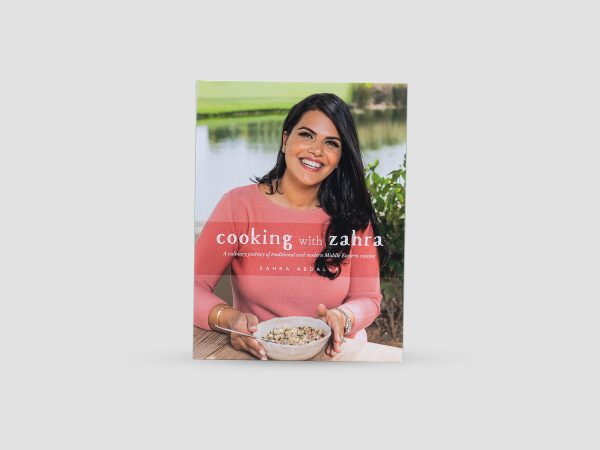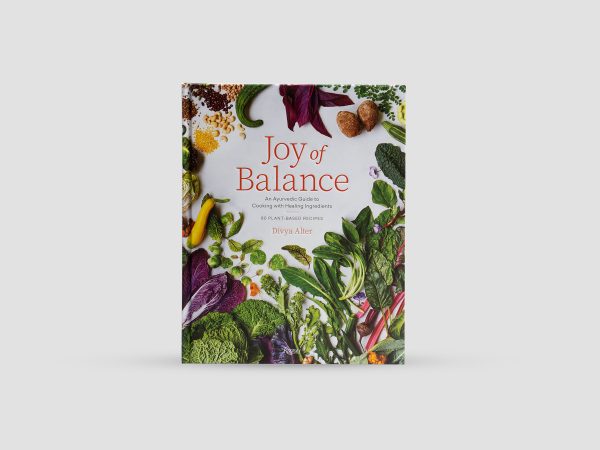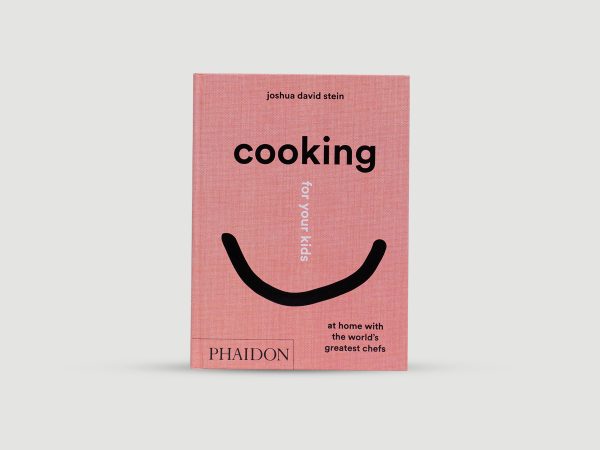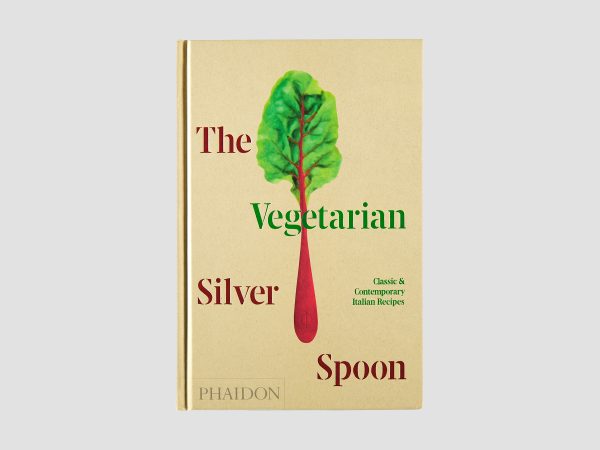The Arabic culinary tradition burst onto the scene in the middle of the tenth century, when al Warrāq compiled a culinary treatise titled al Kitab al Tabikh (The Book of Dishes), containing over 600 recipes. However, it would take another ten centuries for cookery books to be produced in the European continent. For centuries to come, gastronomic writing would remain the sole preserve of the Arab-Muslim world, with cooking manuals and recipe books being produced from Baghdad, Aleppo and Egypt in the East, to Muslim Spain, Morocco and Tunisia in the West.
A total of nine complete cookery books have survived from this time, containing a total of nearly four thousand recipes. The Sultan’s Feast by the Egyptian Ibn Mubārak Shāh in the fifteenth century is one such book. Reflecting the importance of gastronomy in Arab culture, this culinary treatise features more than 330 recipes, from bread-making and omelettes, to sweets, pickling and aromatics, and tips on a range of topics, from essentials a cook should know to how to distil drinkable water.
About the Author
Daniel L. Newman is Head of the Arabic Studies Department, Professor of Arabic and Course Director of the MA in Arabic-English Translation and Interpreting at the University of Durham, UK. His publications include An Imam in Paris: Account of a Stay in France by An Egyptian Cleric (1826-1831), The Sultan’s Sex Potions: Arab Aphrodisiacs in the Middle Ages, Modern Arabic Short Stories: A Bilingual Reader and A to Z of Arabic-English-Arabic Translation (both with Ronak Husni).
About the Publisher
Saqi Books is a leading independent publisher of trade and academic books on the Middle East and North Africa with two imprints: Westbourne Press is committed to releasing engaging works that offer an alternative, progressive perspective on the leading issues of our time, and Telegram publishes new and classic international writing.
